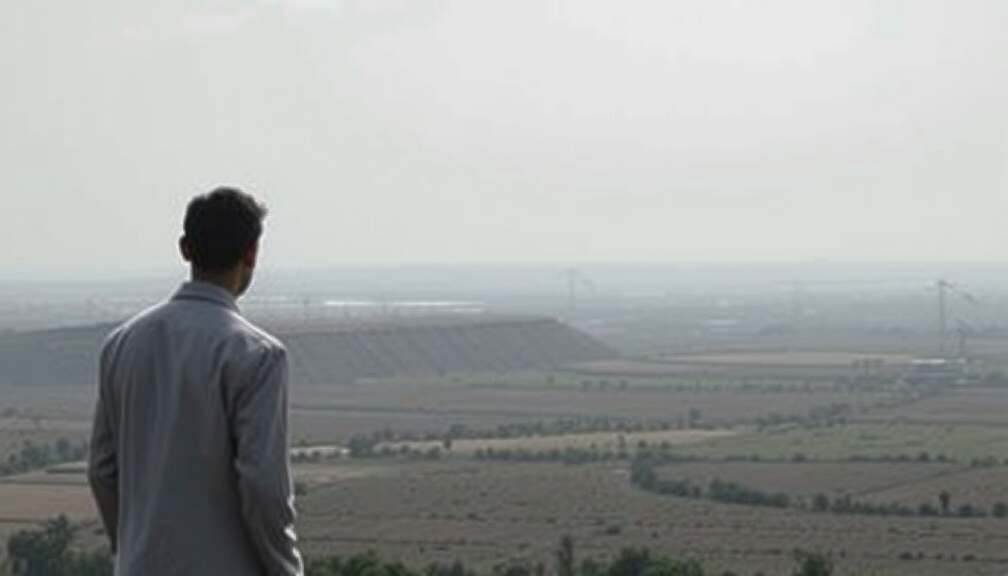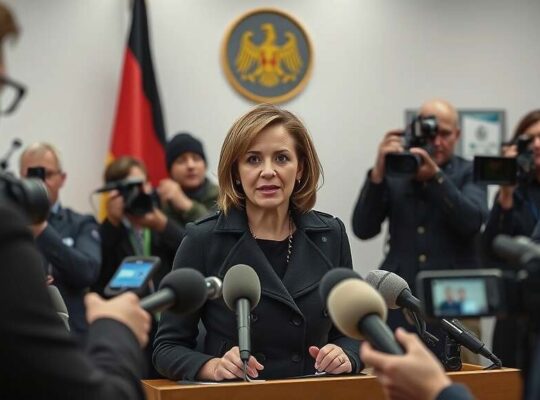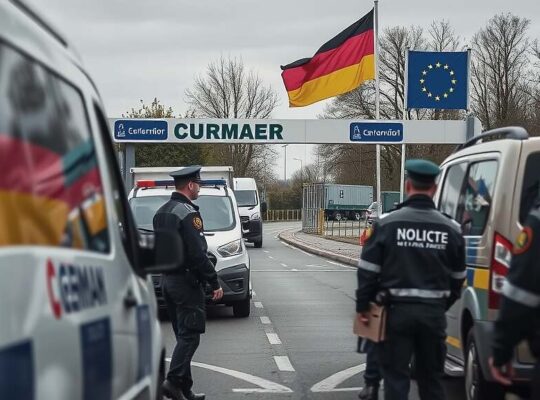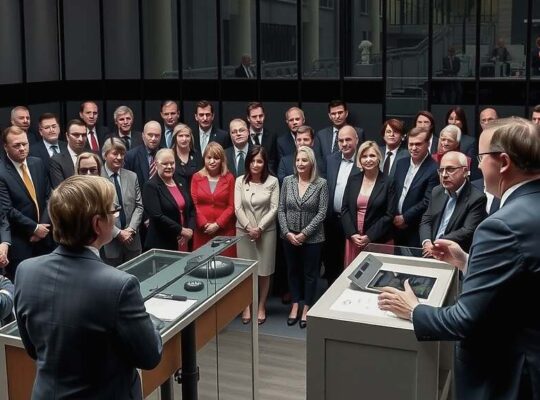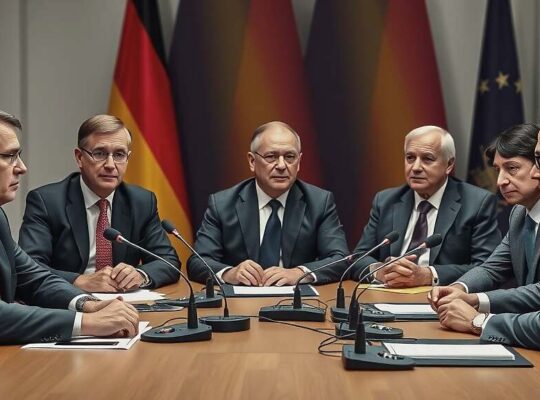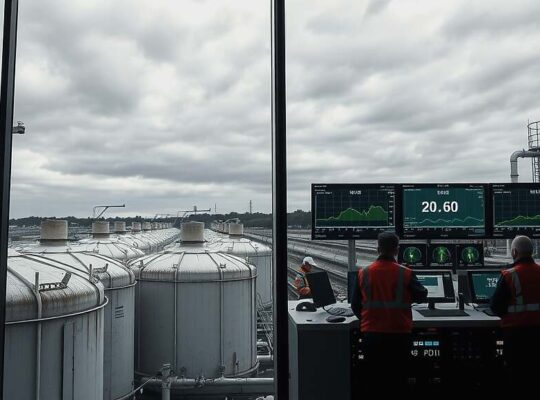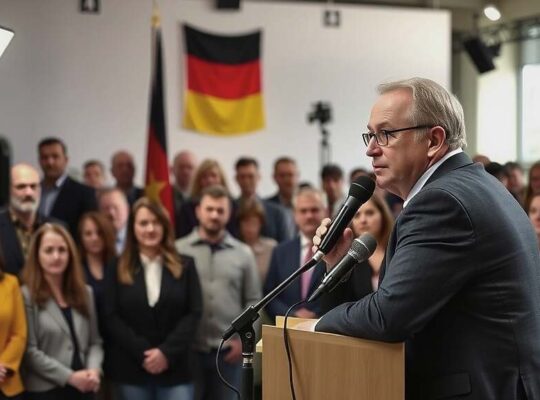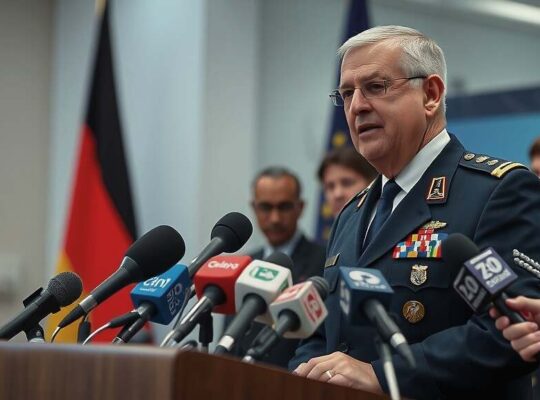The German government’s recent decision to scrap the Power-to-Liquid (PtL) quota for aviation fuels is drawing fierce criticism, raising concerns about the nation’s commitment to achieving its climate goals and triggering a broader debate over the prioritization of decarbonization strategies. The move, approved by the Federal Cabinet on Wednesday, effectively removes a mandated percentage of synthetic fuels (e-kerosines) that were slated to be blended with conventional kerosene starting in 2026.
Environmental group Germanwatch (DUH) has condemned the decision, with Federal Managing Director Jürgen Resch arguing that the abrupt reversal signals a “grave misdirection” in climate policy. Resch’s remarks highlight a growing dissonance: while aviation faces increasing pressure to reduce emissions, a simultaneous discussion about implementing quotas for hydrogen and synthetic fuels in the road transport sector, within the framework of the Greenhouse Gas Reduction (THG) quota, reveals a potentially flawed allocation of scarce resources.
Critics contend that the elimination of the PtL quota directly impedes the necessary scaling-up of e-kerosines, a critical pathway towards decarbonizing air travel. Furthermore, the concurrent shift within the draft proposal for the THG quota, an instrument that has long been accused of providing incentives for environmentally damaging fuels, raises questions about the government’s overall approach. The initial intention was for both quotas to be reviewed collectively.
The scarcity and high cost of green hydrogen and synthetic fuels are central to the debate. DUH is advocating for prioritizing these resources for sectors with limited viable alternatives, specifically air and sea transport. The organization’s perspective underscores a fundamental challenge: the uneven distribution of sustainable fuels amidst growing demand across multiple industries. The government’s decision risks inadvertently undermining the progress made in decarbonizing aviation while potentially diverting resources from more impactful mitigation efforts. The episode is likely to ignite a wider political discussion regarding the equitable and effective allocation of climate-friendly technologies.


